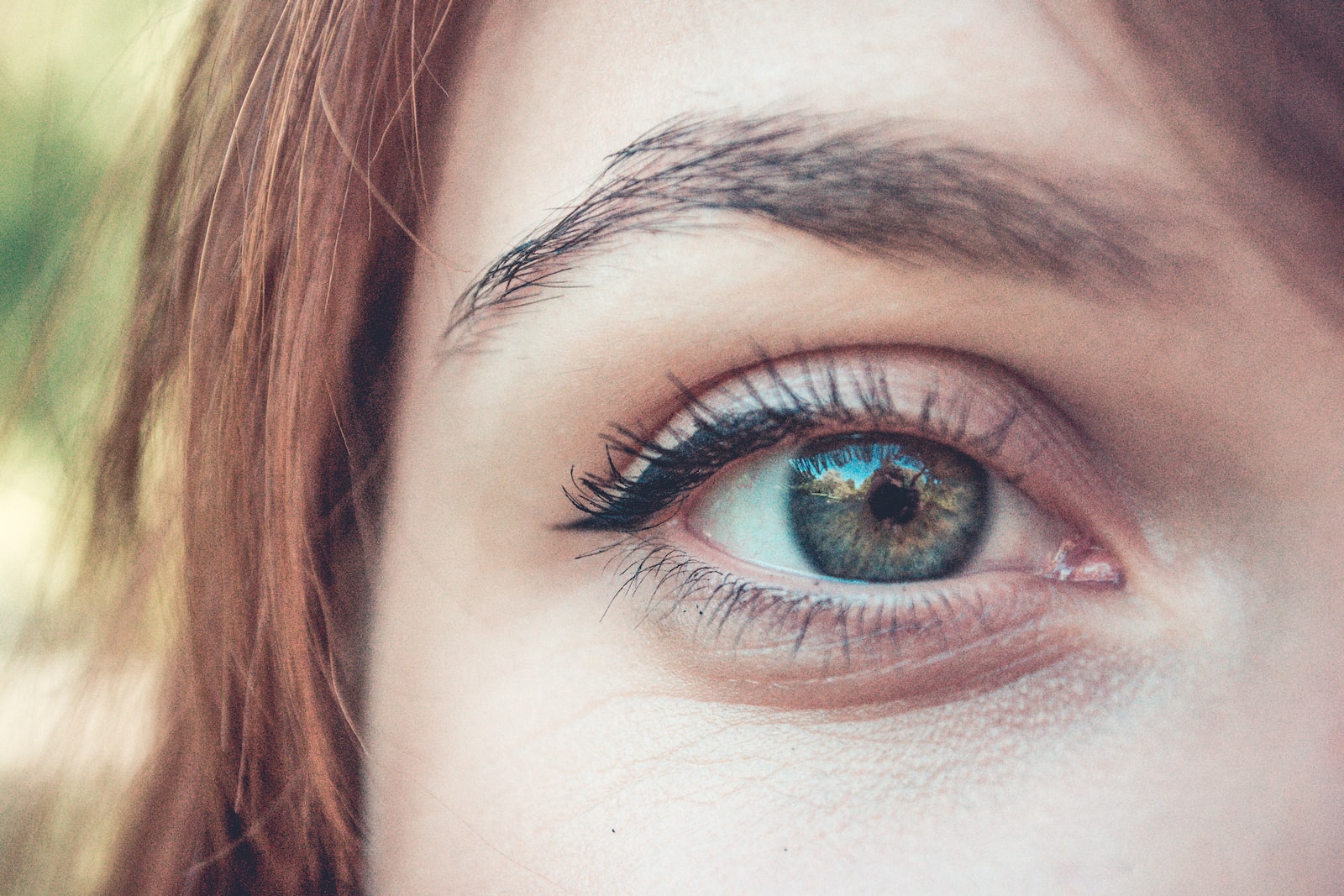A restful night’s sleep is essential to our overall health and longevity. Unfortunately, many of us are experiencing poor sleeping habits which need to be addressed.
On average, an adult requires 7 – 9 hours per night, allowing them time to complete all the phases of a sleep cycle. If you don’t get enough sleep, it will not only affect the way you function in life, but it could also be impacting your vision too.
As its sleep awareness week, it is vital to understand why sleep should be a priority. Nimmi Mistry, a professional services optician at Vision Direct, shares five common eye conditions caused by lack of sleep.
-
Dry eye
Your eyes rely on tears for many reasons, from protection to keeping them moisturised and preventing infections. Tears are formed when we blink and are made up of a balanced formula of oil, mucus, and water.
To achieve their maximum benefit, tears should stay on the eye for around 10-15 seconds before a new one is formed. A lack of sleep can impede the regeneration of the outer layer of the cornea and alter the tear film, potentially resulting in less tear fluid.
Dryness can cause the eyes to feel itchy, irritable, and tired. This will put a strain on your eyesight making it difficult to concentrate during the day. Not only this, but dry eyes can also cause them to become sensitive to light and blur your vision, impacting your vision.
-
Eye spasms
Eye spasms, or myokymia, are a common problem caused by insufficient sleep and stress. The condition causes involuntary eye twitching which can be uncomfortable. In most cases, it’s temporary. However, if your eye closes completely when the twitches occur, be sure to see a doctor straight away.
-
Blurry vision
If you have blurred vision, the things you see will not be sharp and clear. There are several common causes for blurry vision such as – eye infections, dry eye, damage to the cornea, or diabetic retinopathy but if you are sleep-deprived it is difficult for the muscles in the eyes to focus.
If the blurred vision is caused by an infection or injury, lack of sleep can also slow down the healing process. During sleep is when your bodies repair and regenerate, meaning if you are not completing sleep cycles, you will take longer to heal. If your blurred vision comes on suddenly seek medical help immediately.
-
Bags under the eyes
There has been found to be a correlation between lack of sleep and dark circles and/or bags under the eyes. It is thought that lack of sleep tends to increase the retention of blood and fluid around the eyes giving the appearance of pesky puffy bags or the dreaded dark circles.
-
Eye Floaters
Eye floaters are small shapes we see floating in our vision. They increase with age but are more apparent when looking at a bright background such as the sky. You may notice them more after a lack of sleep. Skipping a good night’s sleep will only put stress on your eyes, hence it’s important to rest your eyes in order to avoid experiencing this.
Quick tips to improve your sleeping habits
1. Avoid screen time before bed
This is not only a great tip for overall eye health but also cutting down on screen time before bed helps limit exposure to blue light. Blue light is on the same wavelength as visible light, which tricks our body into not producing melatonin, the sleep hormone, making it harder to sleep.
2. Cut caffeine
Coffee, tea, and soft drink drinkers should be aware that caffeine has an average half-life of between four and six hours, meaning you should avoid drinks containing caffeine six hours before bed.
3. Manage your stress
Stress negatively impacts sleeping habits as high levels of the stress hormone, cortisol, make it difficult to drop off.
The reason high cortisol levels caused by stress affect sleeplessness is that adrenaline and noradrenaline also appear alongside the stress hormone. This then elevates your heart rate and body temperature, both of which usually drop as you drift off, meaning it is harder to get to sleep when these are higher.
Joanne is the editor for Workplace Wellbeing Professional and has a keen interest in promoting the safety and wellbeing of the global workforce. After earning a bachelor's degree in English literature and media studies, she taught English in China and Vietnam for two years. Before joining Work Well Pro, Joanne worked as a marketing coordinator for luxury property, where her responsibilities included blog writing, photography, and video creation.



